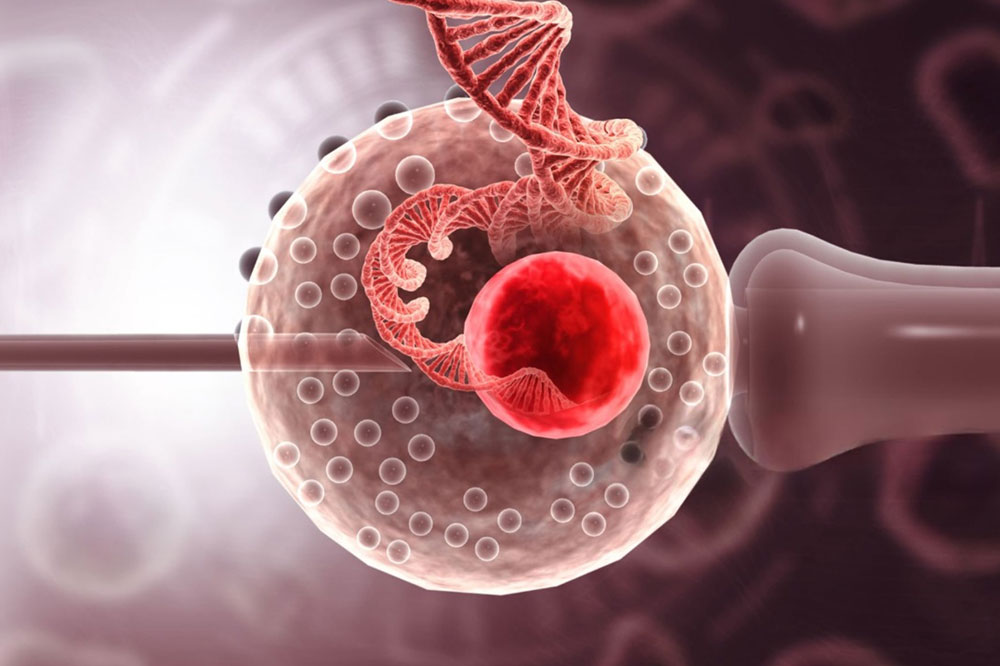Importance of PGT/PGS and Genetic Counselling
Breakthroughs in Reproductive Medicine
Infertility is an increasingly common problem in today’s stressful and hectic world. Many couples face issues in conceiving and have to turn to medical science for help. Fortunately, there have been amazing advancements in reproductive medicine that are a ray of hope for couples facing infertility, genetic disorders, or recurrent miscarriages. Among these, significant ones are Preimplantation Genetic Testing (PGT) and Preimplantation Genetic Screening (PGS), both of which are now complemented by genetic counselling. Together these services have proved to be very effective in ensuring healthy pregnancies.

What is Preimplantation Genetic Testing (PGT) and Preimplantation Genetic Screening (PGS)?
PGT and PGS are technologies used in conjunction with in-vitro fertilization (IVF) to analyse embryos before they are implanted into the uterus. Basically, PGT is a technique used to identify chromosomal genetic abnormalities in embryos created through IVF before pregnancy. It is an umbrella term that refers to the assessment of embryos prior to implantation or pregnancy.
While these terms are often used interchangeably, they have distinct purposes:
- PGT refers to testing embryos for specific genetic disorders, such as cystic fibrosis, Tay-Sachs disease, or sickle cell anaemia.
- PGS involves screening embryos for chromosomal abnormalities, like Down syndrome or other conditions caused by extra or missing chromosomes. PGS can help identify embryos with the correct number of chromosomes (euploid), increasing the likelihood of successful implantation and a healthy pregnancy.
In both these processes, a biopsy is done of a few cells from the embryo, reducing the risk of genetic disorders and increasing the success rates of IVF.
Genetic Counselling – potent and invaluable
Genetic counselling is a crucial component of reproductive care. Its relevance cannot be overemphasised as it helps individuals or couples understand their genetic risks, make informed decisions, and prepare for any potential outcomes. This is led by genetic counsellors - trained professionals who provide guidance on how genetic conditions are inherited, explain the benefits and limitations of PGT and PGS, and discuss the emotional and psychological implications of genetic testing. Let us take a look at the different facets of genetic counselling:
- Risk Assessment: Genetic counsellors assess family history, medical background, and genetic predispositions to help couples understand their risks of passing on inherited diseases.
- Informed Decision-Making: The decision to undergo PGT or PGS is not an easy one to make, with several considerations to be taken into account. A genetic counsellor plays an invaluable role here by explaining the various testing options, potential outcomes, and the risks and benefits associated with these procedures.
- Emotional Support: Genetic testing can be fraught with emotion, as it may uncover unexpected results or choices that affect the future of one’s family. Genetic counselling provides essential emotional and psychological support to help individuals cope with the results.
- Ethical Guidance: Genetic testing also raises ethical considerations, such as whether to select embryos based on genetic traits. Counsellors help couples cope with these ethical dilemmas and arrive at decisions that align with their personal, cultural, and moral values.
The significance of PGT/PGS and genetic counselling
PGT/PGS and genetic counselling are now integral parts of modern reproductive healthcare and play a crucial role. By identifying genetic risks early, these services can minimise the chances of inherited genetic disorders. What’s more, genetic counselling provides the necessary support and guidance for couples to navigate the emotional and ethical complexities of reproductive choices. This allows them to make informed decisions about their families' health. As reproductive technologies continue to evolve, the integration of genetic counselling and testing will be a landmark, helping individuals and families make well-informed choices.